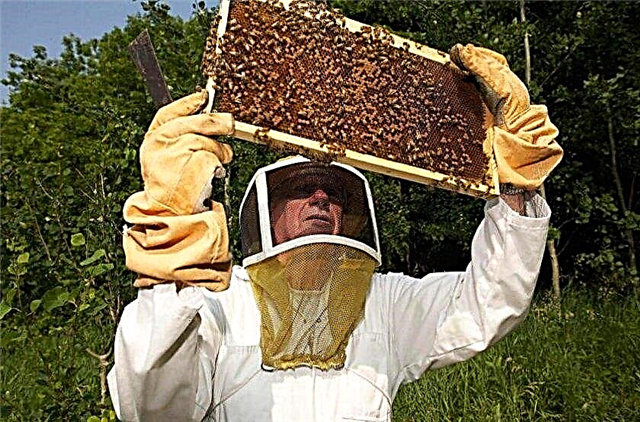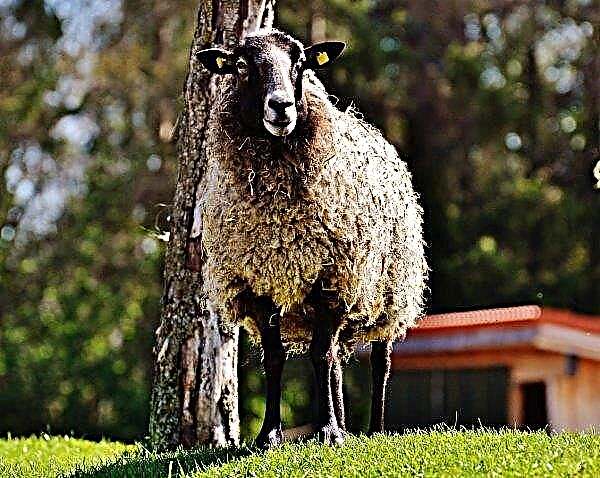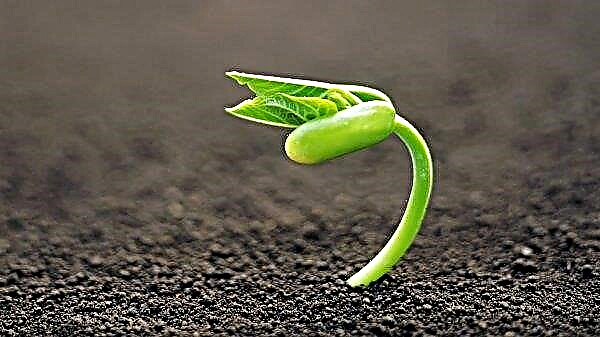Bees, wasps and hornets are stinging insects, and their body structure, at first glance, is the same. So why is a bee that brings so much benefit to a person dies after a bite, but other insects do not? Let's consider this question in more detail.
Why a bee dies after a bite
At the honey producer, the sting has a unique structure - at its tip is something like a hook. And although the bee is quite peaceful, but when it sees a threat, it is the first to attack the enemy and stick the sting into his body. A bee will die after a bite or not, depending on which surface it sticks the sting into.
In animals and humans, the skin is elastic and hard. When a sting gets into it, the hook clings firmly inside, and the insect, trying to fly away immediately, jerks sharply, and with the sting the lower part of the body comes off. Due to damage to internal organs, the insect dies in a few seconds. If a bee attacks its own kind, that is, insects, then it has a chance to survive. Insects have a chitinous cover, which is quite soft, and after a bite a bee can pull a sting out of it and hide.
Did you know? A bee can not always use its weapon - when its abdomen is full of honey, then it is not able to release a sting.
The consequences of a bee sting
After a bite, a person immediately feels a sharp burning pain, which is comparable to pain from a burn. In the center of the wound, a sting will be visible, around which redness and swelling of the skin immediately begins. All this is due to bee venom, which through the sting got into the skin. If the victim does not have an allergy, then, in addition to redness and discomfort, nothing bad happens.
However, if a person is prone to allergic reactions, then edema may begin, and then medical attention will be required. It is dangerous if the bite is on the tongue or lip, as they swell and hurt a lot. Multiple bites are also dangerous, especially on the face. In addition to the fact that it will not have the best look, choking can also begin. In this case, you must immediately consult a doctor.
The benefits of bee venom
As a medicine, bee venom has been used in medicine for a very long time.
- Its benefits are due to the unique composition:
- amino acids (18 of 20 useful to humans);
- proteins;
- histamine;
- phosphorus;
- potassium;
- copper;
- calcium;
- hirudin;
- inorganic acids.
Very useful therapy using bee venom in the treatment of neuralgia: radiculitis, arthritis, osteochondrosis. Due to its high amino acid content, poison improves brain function and helps the production of the “hormone of happiness” - serotonin. This tool is used in the treatment of various mental disorders: depression, asthenia, neurosis, sleep disorders.
Apitherapy (treatment with bee products) is also useful for problems with the heart and blood circulation: strokes, heart attacks, hypertension. The substances that make up bee venom contribute to the absorption of blood clots, lower cholesterol and vasodilation. The poison also helps to strengthen the immune system, has an anti-inflammatory effect, and helps improve memory, vision, hearing, and sexual function. It is also used in the treatment of gastrointestinal diseases: hemorrhoids, cholecystitis, gastritis, ulcers.Did you know? In composition, bee venom resembles snake venom, but its enzymes are 30 times more effective.
Ways to treat bee venom
The most common and affordable method of treating poison is the use of various ointments based on it. They are rubbed into the skin with neuralgia, applied to wounds for better healing, make compresses.
People who are not allergic to bee products and the poison itself can use bee stinging. Apitherapists know exactly where the poison must be let in so that it benefits and does not harm.
Now there are also injections with bee venom, which can be used at any time of the year and injected exactly where you need it. The poison is part of some tablets and solutions.
How can a person avoid a bee sting?
In nature, bees attack humans very rarely. There is a risk of being bitten in the apiary when a person takes food from them, i.e. honey.
Important! Do not use perfume or eau de toilette during work in the apiary - the bees respond to extraneous pungent odors. The same goes for sharply smelling detergents.
Experienced beekeepers use the following precautions:
- put on light, white clothes made from natural, smooth materials, because the dark colors and fleecy tissues of insects are unnerving;
- they put a hat with a protective net on their heads, and special gloves on their hands;
- they use smoke, sensing which, the bees stuff the belly with honey and can no longer sting;
- rub their hands with lemon balm or propolis, as these smells soothe insects;
- do not make sudden movements, do not wave their hands;
- Do not walk barefoot over clover and other low-growing flowers that insects love.

It is difficult to find a more unique and useful insect than a bee. Besides the fact that it gives people honey, propolis, beetroot and many other products, it also helps to heal from many diseases thanks to its poison.













